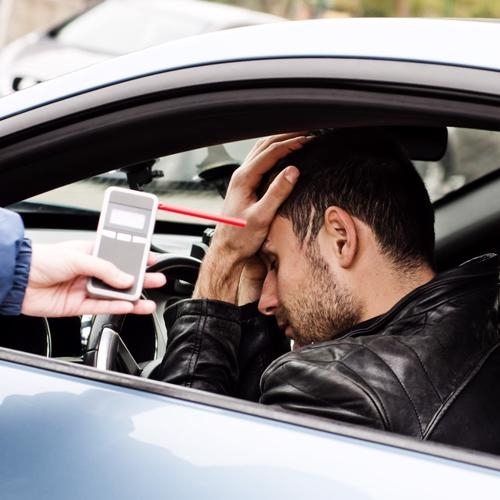- December 11, 2023
In South Carolina, the maximum legal blood alcohol content (BAC) for drivers is 0.08%. However, many people need to hire an Orangeburg DUI lawyer even if their breathalyzer test showed a lower level. They were charged with impaired driving and did not understand why they had to face this situation.
Thus, it is important to understand how alcohol affects people and why there is no standard safe level applicable to everyone.
How Blood Alcohol Content Affects People
Research and clinical studies conducted over the years have proved how various quantities of alcohol affect people’s physical and cognitive abilities. However, it is important to understand that these are average findings. Different people may react differently to the same BAC levels.
Up to 0.02 BAC
There are no observable effects below this level, so 0.02 is the lowest level that affects the human body. You start feeling relaxed and warm and your mood changes slightly.
0.05 BAC
People with a 0.05 BAC start experiencing the first signs of impairment. The fine movements are the first to be affected. This is more obvious in a reduced ability to use the fingers and focus the eyes on a single object.
In terms of behavior, this level of blood alcohol content makes you become more extroverted, talking in a loud voice and with many gestures.
0.08 BAC
It is illegal to drive with a BAC of 0.08 or higher under South Carolina DUI laws. This level of blood alcohol content has a significant impact on the human body. Cognitive abilities are slowed down. Also, you may find it difficult to coordinate your movements, such as swerving and pushing down on the brake at the same time.
Speech and hearing are also impaired, which often gives a police officer reasonable cause to charge you with driving while impaired (DWI).
0.10 BAC
An Orangeburg DUI attorney knows that you will automatically be arrested if your Breathalyzer test shows 0.10 BAC or higher. Speech and movement coordination are significantly impaired by now. Thus, the driver will most likely fail all approved filed sobriety tests.
0.15 BAC
At this level, the average person will have difficulty walking and keeping their head straight. Controlling any motorized vehicle is impossible, thus you should never get behind the wheel if you feel unable to walk properly after going out with your friends for drinks.
BAC between 0.20 and 0.39
Such levels of blood alcohol content have a major negative impact on physical and cognitive abilities. Symptoms of this BAC range include:
- Confusion and disorientation
- Vomiting
- Blackouts
- Dangerously high heart rate
- Irregular breathing.
0.40 BAC and Over
At this point, the BAC level may cause sudden death or coma. Alcohol becomes poisonous for the most important body organs and may cause life-long impairment.
How Is Blood Alcohol Level Tested?
There are three methods of testing the level of alcohol in your body. The first and simplest is the Breathalyzer test, which measures the quantity of alcohol that passes through the air sacs in the lungs as blood flows through them and is expelled in your breath.
The second method is the blood test. You must give consent to have blood drawn for testing. Refusing to do so may result in harsher sentences, according to a study conducted by the National Highway Traffic Safety Administration. It is worth noting that the blood test is the most accurate BAC level test method.
The final test that police officers can perform to determine the BAC level is the urine test. However, various studies have shown that this testing method is very unreliable. Depending on how your body processes alcohol, the test result may be significantly higher or lower than the actual BAC level.
What Factors Determine Impairment after Drinking Alcohol?
As we stated above, your BAC level may be below the legal limit, but you may still be pulled over and charged with DWI. This happens because each person processes alcohol differently.
The most important factors leading to these differences are:
- Sex
- Weight
- What kind of foods you eat before or after drinking
- Whether you are taking medications.
A combination of various factors can even lead to a false positive Breathalyzer test result. Thus, people who did not drink alcohol, end up failing a breath test and being charged with DUI. At this point, it is important to remain calm and seek legal help as soon as possible.
Contact a Skilled Orangeburg DUI Lawyer!
As you can see, you can never be certain that your blood alcohol content is safe and you can drive back home without being pulled over. If you get charged, you must be aware that DUI and DWI are serious offenses in South Carolina, carrying hefty penalties.
The best thing to do is to contact an experienced Orangeburg DUI lawyer and share every relevant aspect of your case during your free case evaluation. Do not delay getting legal representation to protect your rights – call us today at 803-353-1969!


